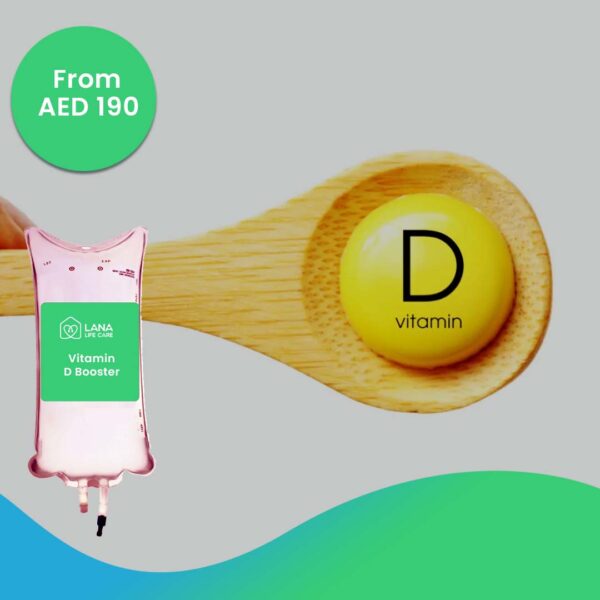
Sometimes a patient’s needs may extend beyond traditional care, as some require comprehensive, integrated care in a nursing home that offers services for an indefinite period, while others may need palliative care. This underscores the importance of understanding the difference between hospice and nursing home in detail.
Hospice care is a specialized type of care for individuals diagnosed with a severe, life-threatening illness and expected to live six months or less. Each elderly person is assigned a dedicated care team to meet their physical, psychological, and spiritual needs.
The nursing and care team here works to manage symptoms and control pain as much as possible to help patients enjoy the highest quality of life for the rest of their lives. This care can be provided to the patient wherever they are, whether at home through a professional home nursing at home service, in an assisted living facility, or in a nursing home.
A nursing home is considered a residential facility that provides 24-hour care for the elderly, including meals, personal care, and medical attention. It is often used as a place to recover from serious illnesses before returning home, or for individuals who do not require hospital care but cannot be cared for at home.
It’s worth noting that nursing home services vary from one facility to another; some are equipped similarly to hospitals, some provide a home-like environment for the patient, and others focus on specialized treatment.
There are more than one difference between hospice and nursing home, the most fundamental differences of hospice vs assisted living are:
It’s best to choose a nursing home if the patient has multiple or chronic illnesses and requires ongoing, comprehensive care, as they offer 24/7 support for those needing daily assistance and various medical services. This includes patients with acute or chronic conditions, mobility issues, or a need for companionship, especially for those who feel lonely at home.
Choosing hospice care is crucial when a patient is diagnosed with a life-threatening illness that suggests his or her survival may not exceed 6 months. The patient needs someone to help manage symptoms, administer medications to relieve pain, and provide necessary support and assistance to the family. It is important to note that the goal of this care is to improve the quality of life and comfort for the patient during his or her final days as much as possible.
The health, mental, psychological, and spiritual condition of the patient or the elderly may not allow them to think about and decide on what is appropriate for them, whether a Nursing home or a hospice care service.
Therefore, in light of clarifying the difference between hospice and nursing home, the patient’s family must consult the physician and communicate with the nursing homes to find out the nature of the services provided by them, thus knowing how to choose the right home nursing or hospice service in accordance with the patient’s health requirements.
after understanding the difference between hospice and nursing home; we will illustrate the benefits of home nursing which are endless, starting from providing safety and privacy for the patient while they are in the comfort of their home among their loved ones, to the fact that home care services include all types of care required, whether nursing services, physical therapy, doctor at home services, or others, in addition to providing palliative care services, especially hospice care, to patients, allowing them to spend their last days in their homes.
You can only take advantage of home healthcare service when choosing an accredited, experienced, and licensed healthcare center like Lana Life Key in Dubai.
We provide all home health care services for the elderly with chronic illnesses or who need continuous personal daily care, relying on healthcare providers and nurses licensed by DHA, and we also have a highly qualified team to provide the best possible care for the patient and their family.
Contact us now … Get a free consultation about the appropriate home care service to ensure comfort and security for your loved ones during their most difficult illness times.
The downside of hospice care is that the nurse may not be able to convince or help the patient; thus, this care can result in negative effects.
Yes, hospice care is a specialized type of end-of-life care that focuses on providing comfort, safety, personal hygiene, dignity, and support to the person with a terminal illness as they approach the end of life.
The 4 stages of hospice care include: (Routine home care, continuous home care, general inpatient care, and respite care).




WhatsApp us